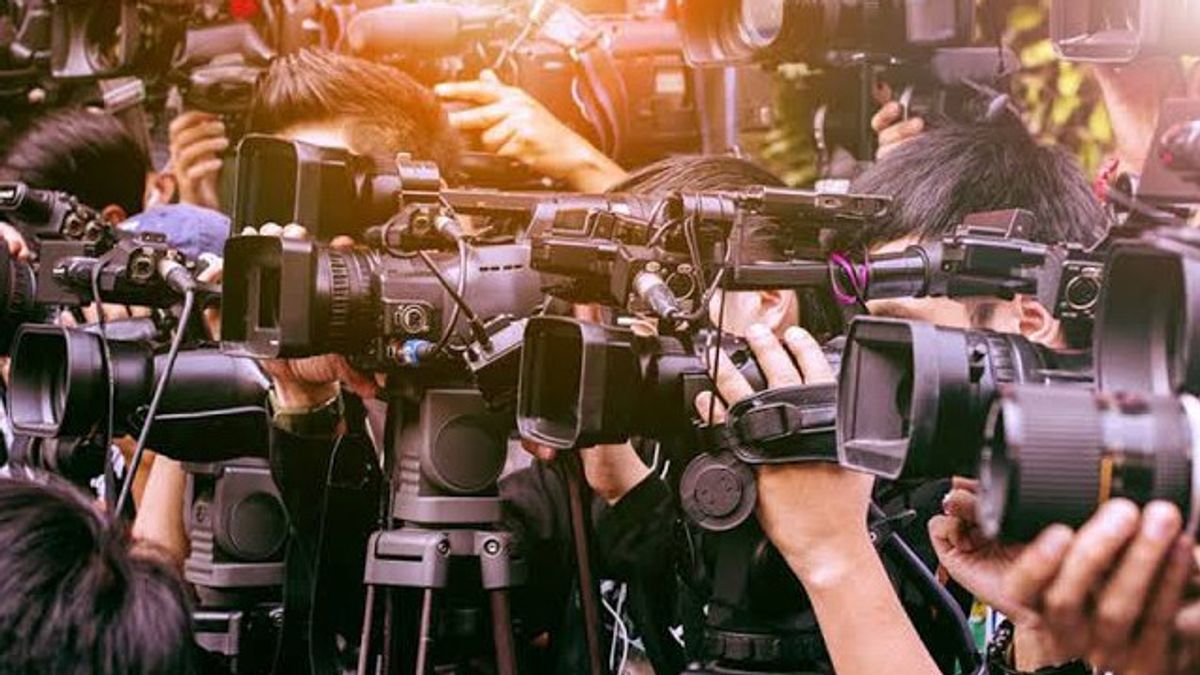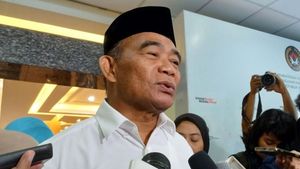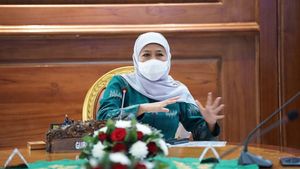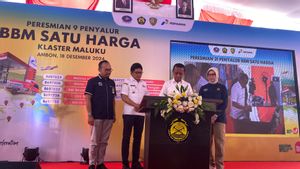JAKARTA - Lecturer of Communication Science at the University of Indonesia (UI) Camelia Catharina Pasandaran assessed that the Broadcasting Bill (RUU) which is being discussed in the DPR must focus on empowering broadcasting institutions, especially digital broadcasting.
"The Broadcasting Bill should focus on empowering broadcasting institutions, especially in the context of digital broadcasting," said Camelia in a statement in Jakarta, quoted from ANTARA, Wednesday, May 15.
He also encouraged broadcasting institutions as an objective, implicit and verified information provider amidst the rise of misinformation and disinformation.
Previously, Monday, May 13, member of Commission I DPR RI Bobby Adhityo Rizaldi said that the draft revision of Law Number 32 of 2002 concerning Broadcasting was in accordance with the journalistic code of ethics.
"So, that's what is regulated in the Broadcasting Bill in the context of journalism, in accordance with what is regulated in the journalistic code of ethics," Bobby said in a statement received in Jakarta, Monday.
Bobby made this statement when responding to the assumption that several articles in the draft revision of the Broadcasting Law could hinder press freedom in Indonesia.
"This is the same with the substance discourse in the revision of the ITE Law, oral matters and writing have been regulated in the Criminal Code in connection with hate speech and others, only expanded in digital format," he said.
He emphasized that there were no changes in the norms or rules of the journalistic code of ethics.
"There is no change in norms regulated in the journalistic code of ethics in the mass media format, it is continued in broadcast format," he said.
It was also emphasized that broadcasting activities at broadcast frequency entered the realm of the journalistic code of ethics. However, the active frequency of broadcasts at the telecommunication frequency over the top (OTT) is "excepted".
SEE ALSO:
"There should not be an 'exclusion' attempt, a journalistic activity in OTT that wants to be distinguished or without a journalistic code of ethics. If broadcasting activities are at broadcast frequency, they enter the realm of the journalistic code of ethics. However, if you are active broadcasting at the telecommunications frequency (OTT), 'excepted'," he said.
Bobby ensured that the public would be involved in the process of discussing the draft revision of the Broadcasting Law to ensure that it was in line with the principles of press independence.
The English, Chinese, Japanese, Arabic, and French versions are automatically generated by the AI. So there may still be inaccuracies in translating, please always see Indonesian as our main language. (system supported by DigitalSiber.id)
















